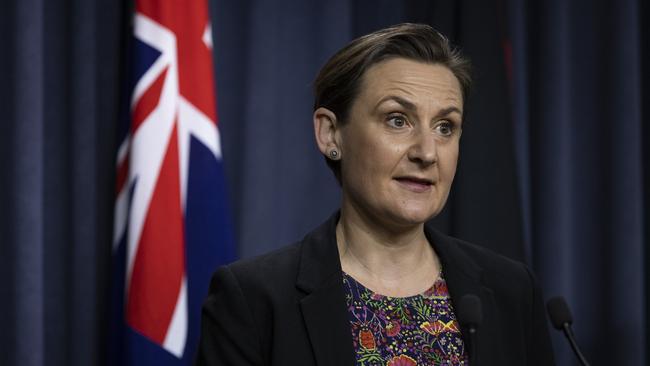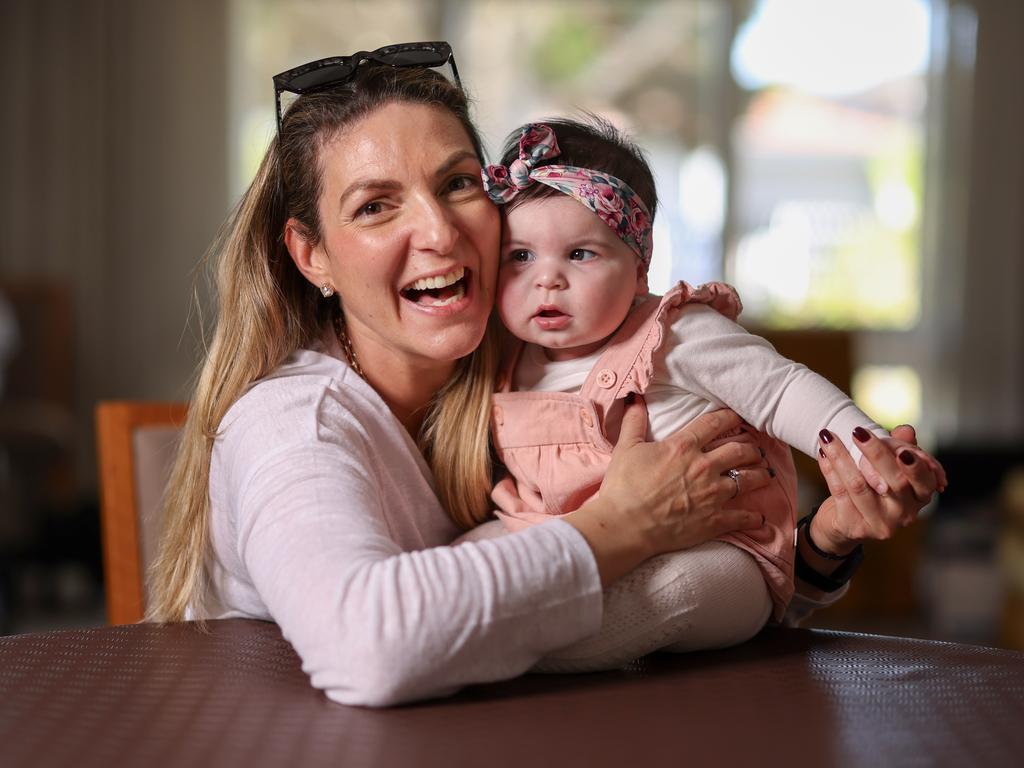Law changes unlikely to help WA woman at centre of posthumous fertilisation case
WA’s plan to lift its ban on posthumous fertilisation may not be enough to help the 62-year-old Perth woman at the centre of a controversial plan to conceive a child using sperm from her recently deceased husband.

Western Australia’s plan to lift its ban on posthumous fertilisation may not be enough to help the 62-year-old Perth woman at the centre of a controversial plan to conceive a child using sperm from her recently deceased husband.
One of the nation’s leading obstetricians warned that the woman’s age meant it was all but impossible for her to find an IVF clinic in Australia that would be prepared to work with her. Dr Michael Gannon, an obstetrician and gynaecologist who is also a former president of the Australian Medical Association, told The Australian that the policies of most IVF clinics in Australia required at least one parent to be under the age of 50.
“My suspicion is the majority of clinics in Australia would refuse to treat this patient, based on the risks and the prospects of success,” he said.
The woman’s plight came to light when the WA Supreme Court ruled that she would be able to collect sperm from the body of her dead husband, who died just before Christmas. The woman told the court that she and her husband had been talking about having another child after they lost both their adult children in separate accidents.
Posthumous fertilisation is currently banned in WA, with those wishing to conceive a child using eggs or sperm from deceased partners needing to travel to interstate jurisdictions for the procedure.
WA Health Minister Amber-Jade Sanderson announced plans to overhaul WA’s assisted reproductive technology laws last year, with the proposed new bills set to legalise surrogacy and open the door to posthumous fertilisation.
The ministerial expert panel that advised on the proposed legislation recommended allowing posthumous fertilisation subject to a series of conditions, with the government supporting the proposal.
The MEP’s proposed legislation, however, specifies that “the best interests of the person(s) to be born will be a primary consideration for any posthumous use of gametes, reproductive tissues or embryos”. The surviving partner would also be required to undertake counselling and be provided with information on “potential social, psychological and health implications for the person who may be born”.
The proposed legislation will maintain existing bans on commercial surrogacy and cloning.
Ms Sanderson said the government remained committed to pursuing the new legislation.
“Western Australia’s legislation governing reproductive technology and surrogacy has not kept pace with medical advancements and societal changes, which is why the Cook government is developing two new bills to overhaul our legislation,” she said.
“Western Australians should not have to travel interstate to start a family. Reciprocal IVF, where the egg of one partner is fertilised and carried to term by the other partner, will be permitted, just like in all other Australian jurisdictions.”
Dr Gannon noted that the woman would have to obtain another court order before anything could be done with the sperm collected from her husband.
“This is a desperately tragic story of a family that’s suffered a great deal,” he said. “I don’t think anything will take away the pain that this plaintiff has suffered over the years. The desire to try in some way to replace what they’ve lost is very much understandable, but whether this is the right way to deal with their loss is for other people to judge.”
WA Liberal leader Libby Mettam said the case exemplified the difficult legal and moral issues around posthumous surrogacy.
“While I have sympathy for the woman in this situation, the future health and welfare of any potential child must be given consideration,” she said.








To join the conversation, please log in. Don't have an account? Register
Join the conversation, you are commenting as Logout